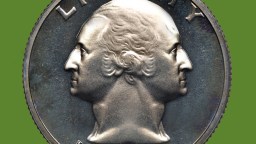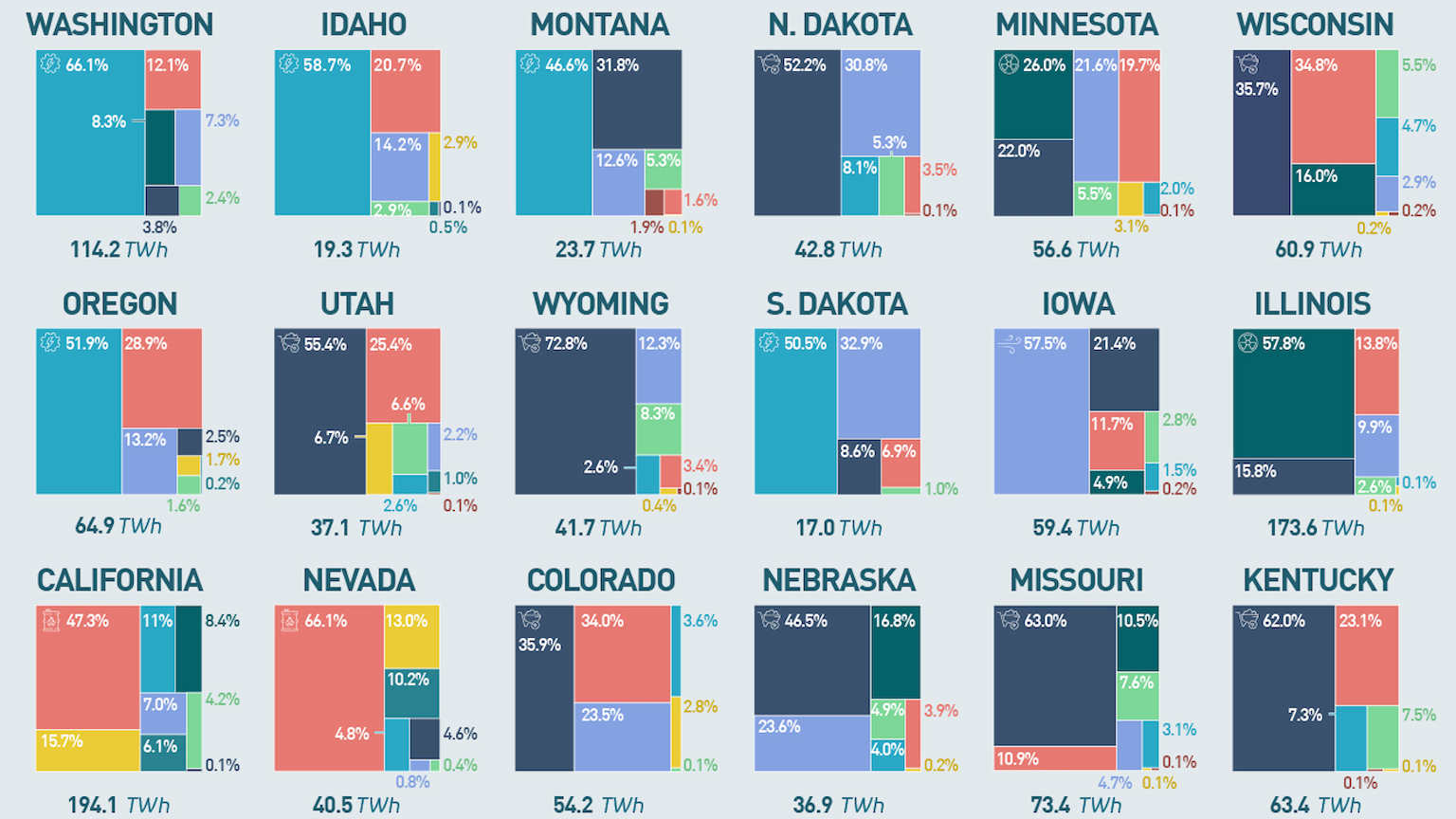Anand Giridharadas: Wealthy corporations and people love to ask the question: "What can I do? What should we do? What can we start? What program could we launch?" I would say to the billionaire change agents and corporate social responsibility departments of our country ask not what you can do for your country, ask what you've already done to your country. Before you want to start something of your own, a little private unaccountable venture, do an audit. What do you pay people? Do you pay people enough? Do you use subcontractors to avoid responsibility for those workers? Do you pay benefits? When do your benefits kick in? What do you lobby for in Washington? Do you lobby for things that make everybody have a better life in America or do you lobby against social policies that would cost you something. What's your tax avoidance situation? Do you happen to be this earnest company that wants to change the world. I mean is this company paying its full measure of taxes? Does it use tax havens? Does it do the double Dutch with an Irish sandwich tax maneuver? Does it send money to the Cayman Islands and then back and do all this complex routing?
If you're telling me that there are companies that do none of this stuff, that pay people well, that don't dump externalities into the economy, that don't cause social problems – if there are such companies that exist yes, then once you've taken care of all that great. Doing some projects to help people is great. But I haven't found very many such companies. And more often than not when companies do a lot of CSR it's because they understand that they're not on the right side of justice in their day operations so they want to do virtue as a side hustle. And the problem is a lot of these companies tend to create harm in billions and then do good in the millions. And you don't need to be a mathematician to know that we're the losers from that bargain.
And you look at the B Corp movements. There's a lot of companies that actually have an interest in trying to invent a new kind of company that is not predatory. There's in the B Corp movement a certification process for those companies now. The challenges of them is that it's a great thing but it's fundamentally voluntary and what this does is it means that if you're an already good virtuous company you may be motivated to get into this club. But if you're Exxon or Pepsi you're not going to be in this club. And one of the things I'd like to see is how can we actually use the power of public policy to get more companies to sign up to simply not dump harm, social harm, into our society – whether that takes the form of toxic sludge or obese children or workers with unpredictable hours and income. And in the B Corp we have a model of a company that looks different but we don't have any kind of compulsion around it. So Senator Elizabeth Warren has a proposal out to turn every American corporation into a B Corp as a condition for getting a corporate charter.
I think there's a less radical option that I sometimes talk about which is why don't we just have a different and lower corporate tax rate for companies that in a certifiable way don't dump huge social problems onto the commons. And that way we might see thousands and thousands of companies electing to become certified benefit corporations in order to avail of that lower tax rate. I think we have to start thinking about how we attack one of the root causes of this kind of grade and malfeasance in American life which is shareholder primacy and the fact that many companies, even ones that want to be better are at risk of violating their shareholders rights by doing so. But I don't think we can do that strictly by creating a voluntary pool of better companies. I think we have to start using our leverage as a society to say if you want the benefits that we as a society give you when you become a corporation here's what we want in return.






